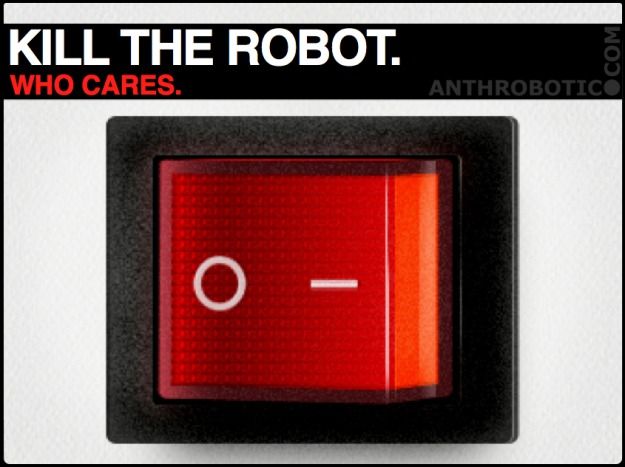I continue to survey the available technology applicable to spaceflight and there is little change.
The remarkable near impact and NEO on the same day seems to fly in the face of the experts quoting a probability of such coincidence being low on the scale of millenium. A recent exchange on a blog has given me the idea that perhaps crude is better. A much faster approach to a nuclear propelled spaceship might be more appropriate.
Unknown to the public there is such a thing as unobtanium. It carries the country name of my birth; Americium.
A certain form of Americium is ideal for a type of nuclear solid fuel rocket. Called a Fission Fragment Rocket, it is straight out of a 1950’s movie with massive thrust at the limit of human G-tolerance. Such a rocket produces large amounts of irradiated material and cannot be fired inside, near, or at the Earth’s magnetic field. The Moon is the place to assemble, test, and launch any nuclear mission.
Such Fission Fragment propelled spacecraft would resemble the original Tsolkovsky space train with a several hundred foot long slender skeleton mounting these one shot Americium boosters. The turn of the century deaf school master continues to predict.
Each lamp-shade-spherical thruster has a programmed design balancing the length and thrust of the burn. After being expended the boosters use a small secondary system to send them into an appropriate direction and probably equipped with small sensor packages, using the hot irradiated shell for an RTG. The Frame that served as a car of the space train transforms into a pair of satellite panels. Being more an artist than an *engineer, I find the monoplane configuration pleasing to the eye as well as being functional. These dozens and eventually thousands of dual purpose boosters would help form a space warning net.
The front of the space train is a large plastic sphere partially filled filled with water sent up from the surface of a a Robotic Lunar Polar Base. The Spaceship would split apart on a tether to generate artificial gravity with the lessening booster mass balanced by varying lengths of tether with an intermediate reactor mass.
These piloted impact threat interceptors would be manned by the United Nations Space Defense Force. All the Nuclear Powers would be represented.…..well, most of them. They would be capable of “fast missions” lasting only a month or at the most two months. They would be launched from underground silos on the Moon to deliver a nuclear weapon package towards an impact threat at the highest possible velocity and so the fastest intercept time. These ships would come back on a ballistic course with all their boosters expended to be rescued by recovery craft from the Moon upon return to the vicinity of Earth.
The key to this scenario is Americium 242. It is extremely expensive stuff. The only alternative is Nuclear Pulse Propulsion (NPP). The problem with bomb propulsion is the need to have a humungous mass for the most efficient size of bomb to react with.
The Logic Tree then splits again with two designs of bomb propelled ship; the “Orion” and the “Medusa.” The Orion is the original design using a metal plate and shock absorbing system. The Medusa is essentially a giant woven alloy parachute and tether system that replaces the plate with a much lighter “mega-sail.” In one of the few cases where compromise might bear fruit- the huge spinning ufo type disc, thousands of feet across, would serve quite well to explore, colonize, and intercept impact threats. Such a ship would require a couple decades to begin manufacture on the Moon.
Americium boosters could be built on earth and inserted into lunar orbit with Human Rated Heavy Lift Vehicles (SLS) and a mission launched well within a ten-year apollo type plan. But the Americium Infrastructure has to be available as a first step.
Would any of my hundreds of faithful followers be willing to assist me in circulating a petition?
*Actually I am neither an artist or an engineer- just a wannabe pulp writer in the mold of Edgar Rice Burroughs.
